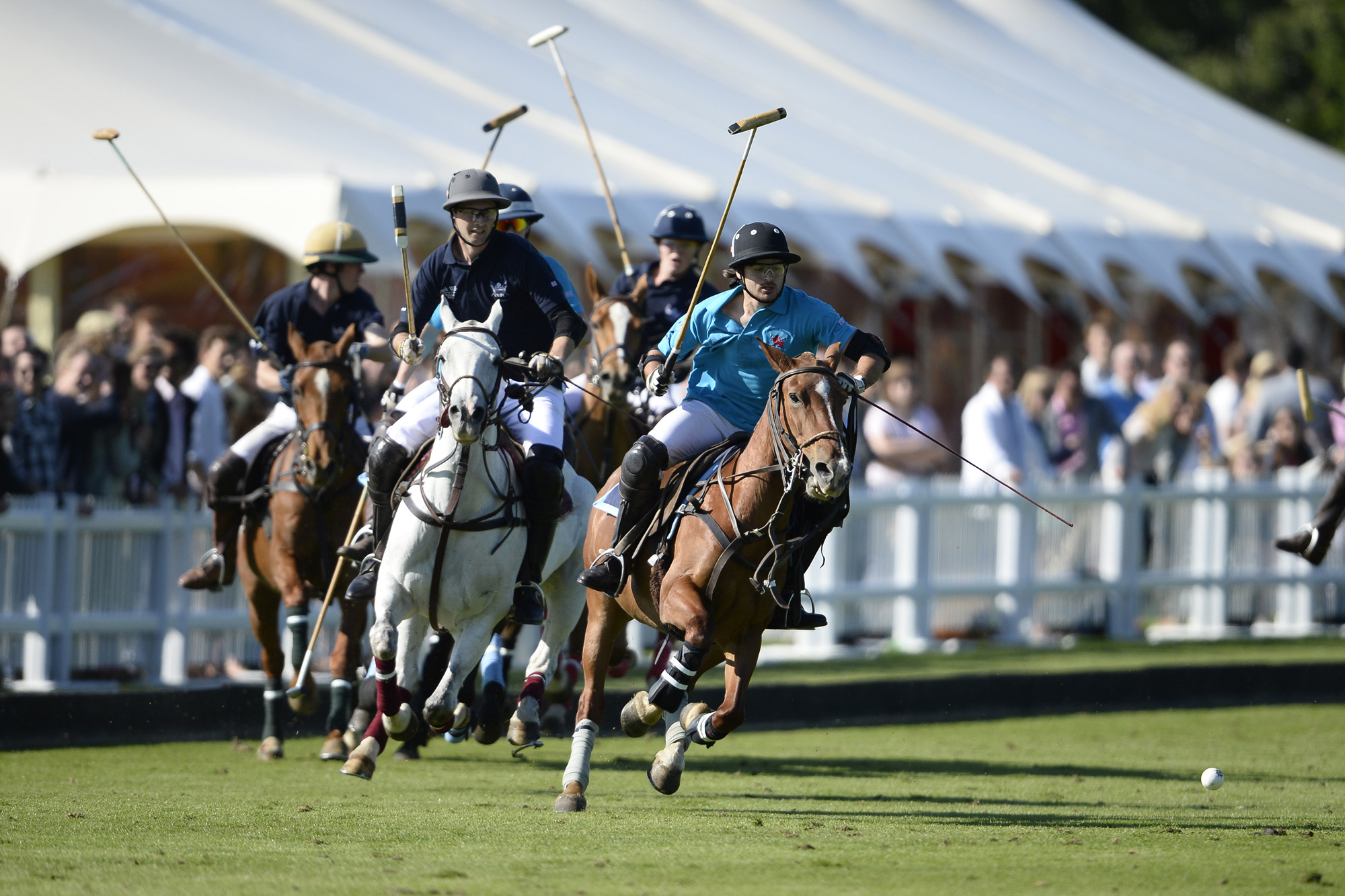How to play polo
- Introduction to Polo
- Understanding Polo Rules: Part 1
- Understanding Polo Rules: Part 2
Introduction to Polo
The Origins of Polo

Equestrian team sport.
Polo, often referred to as "The Sport of Kings," has a rich and fascinating history that dates back over two millennia. Its origins can be traced back to ancient Persia (modern-day Iran) around the 6th century BC, making it one of the oldest known team sports in the world.
Ancient Roots of Polo
Polo was initially a simple game played by nomadic warriors on the steppes of Central Asia. It was more than just a sport; it was a training method for the king's elite cavalry units, known as the King's Guards or Knights. The game was played with as many as 100 players to a side, and it simulated the chaos of battle on a large scale.
The game was played with a ball and a stick, and the objective was to hit the ball through the opponent's goal. The game's primary purpose was to train cavalry in horse riding, team coordination, and combat tactics. The game was rough, often leading to severe injuries, and it was not uncommon for games to turn into actual battles.
The Spread of Polo
From Persia, the game spread to other parts of Asia, including Tibet, China, and India. Each region adapted the game to its unique cultural context, leading to variations in rules, equipment, and gameplay. In Tibet and China, for example, Polo was often part of religious and ceremonial events, while in India, it was a popular pastime among the nobility.
By the 16th century, Polo had reached the Ottoman Empire, where it was played by the sultans and their courts. The game was also introduced to the Mughal Empire in India, where it was known as "Chaugan" and was a favorite sport of the Mughal emperors.
Polo as a Training Game
Despite its evolution and spread, Polo remained a training game for cavalry units well into the Middle Ages. The game's emphasis on speed, agility, and coordination made it an effective training tool for warriors. It also fostered a spirit of camaraderie and teamwork among the players, which was crucial on the battlefield.
In conclusion, the origins of Polo are deeply rooted in warfare and training for battle. Its transformation into a modern sport played worldwide is a testament to its enduring appeal and the universal love for games that test skill, strategy, and teamwork.